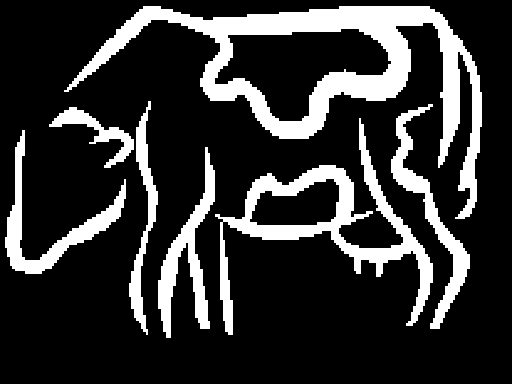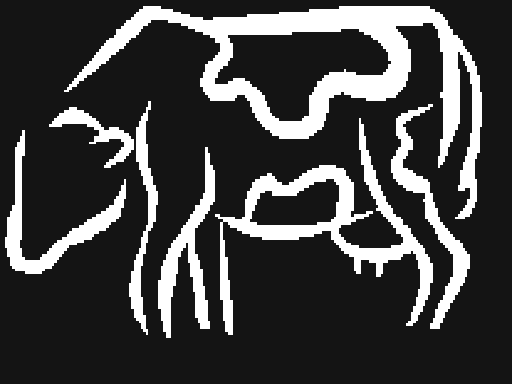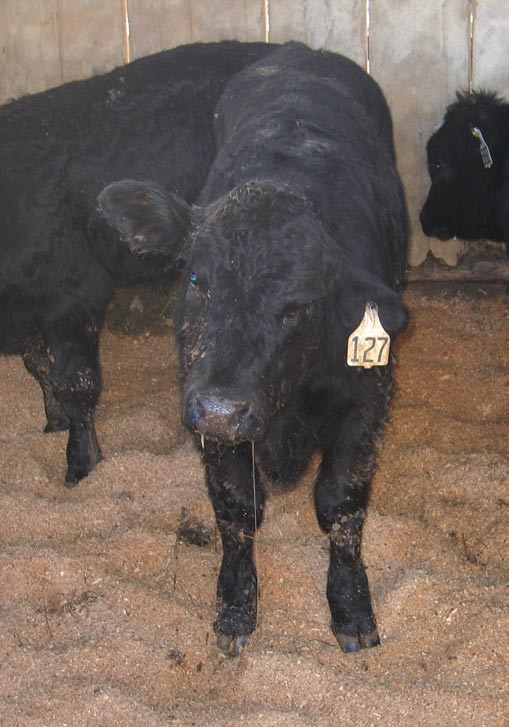Adaptations:
Mycoplasmas in general are very efficient parasites and because
of this they have adapted to many different kinds of organisms and also
many different kinds of tissues within those organisms.
Mycoplasma bovis is able to
infect so many areas of a cow due to a wide range of characteristics

Picture a common cell layout of a bacterium
The Lack of a Cell Wall Enables:
-Because
Mycoplasmas only contain
three layers of plasma membrane it allows them to do a wide range of
things with their specific structural shape (Taylor
2001). This allows
Mycoplasma bovis to easily
alter its shape to optimize its efficiency within the host.
-Many antibiotics that are currently used today
are ineffective due to a majority of these drugs specifically targeting
the cell wall of bacteria (Cree
2002).
-Mycoplasma bovis is also able to change the proteins on the surface of the cell. As a result of this, the cows immune system is unable to effectively mount an attack against the bacteria because it is unable to create antibodies that target all of the surface protein variations Mycoplasma bovis is able to produce (Cree 2002).
- Because
Mycoplasmas are very small, only
0.2 to 0.8 micrometers in size, their
size allows for easy distribution into various organs and areas of the
animal. This is shown with
Mycoplasma bovis in cattle where a young calf contracts a strain of
Mycoplasma bovis that infects
its lungs, causing pneumonia and 2 to 4 weeks later
it will develop symptoms of
severe arthritis in one or several joints (Brishard
2003).
-Mycoplasma bovis
is a very efficient parasite. This is due to the fact that it can
inhabit a host without ever exhibiting signs of illness.
This enables the host to easily transport Mycoplasma bovis
(Currin & Whittier).
During this time the bacteria can be spread to other
animals through air transmittance and also on substrate. With many
big dairies, that have large amounts of cattle confined in a small
space; this can lead to massive outbreaks of Mycoplasma Bovis
infections (Cree 2002).

University of Wisconsin- La Crosse
Page Last Updated: April 25,
2008

